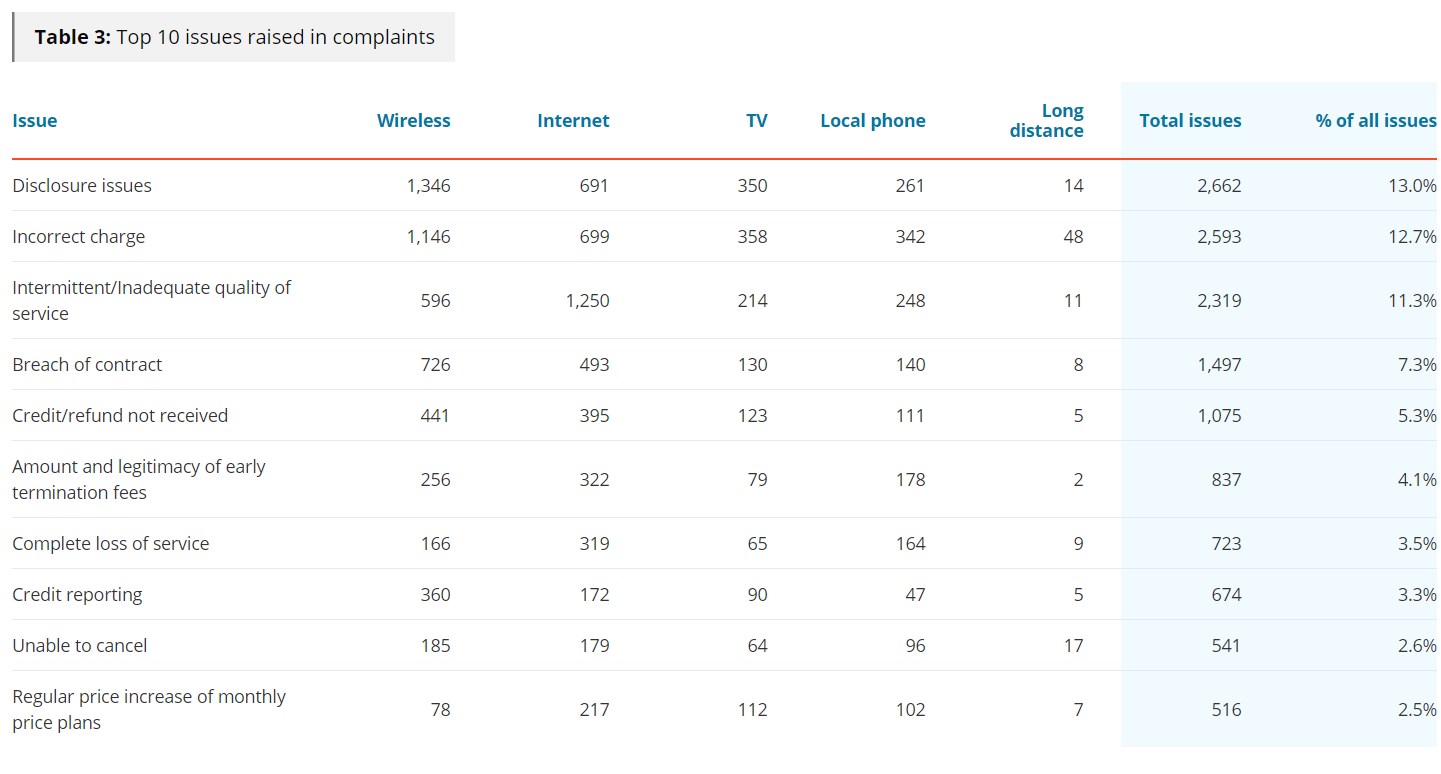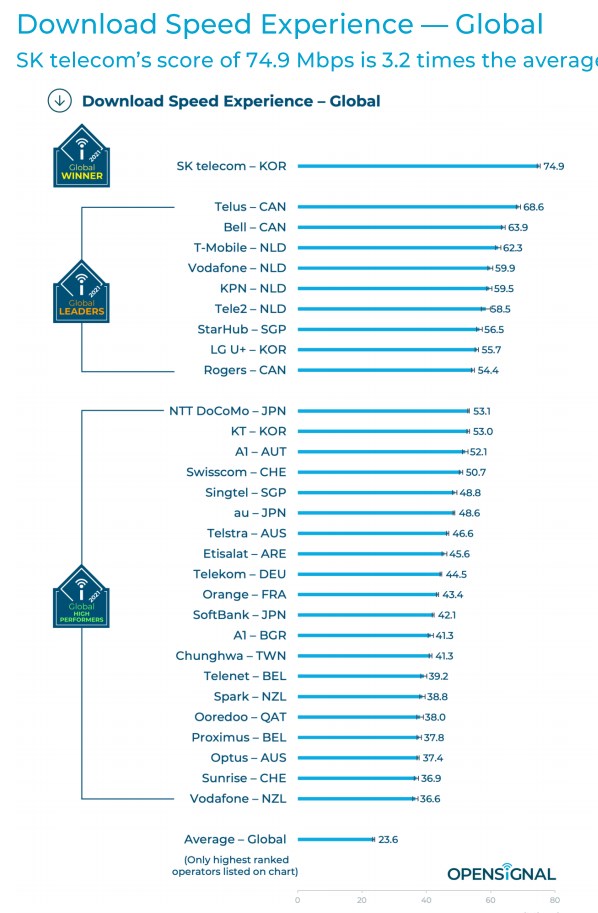Although Canada leads in mobile network performance globally, 33 per cent of Canadians are unhappy with their speeds, found a recent study by J.D. Power.
The survey study, which included 9,498 respondents in rural and urban Canada, found that just 67 per cent of wireless customers consider their carrier’s network reliable when streaming music and videos. Moreover, only seven per cent of respondents think network speeds are faster than expected.
These findings provide new insight into when Canadian mobile subscribers are upgrading their data plans during the pandemic. According to the study, 24 per cent of wireless customers indicated their wireless plans include 10GB of data or more, up 20 per cent from 2020. The number of subscribers to unlimited data plans also jumped from 11 per cent in 2020 to 17 per cent in 2021.
In addition to calling and texting, internet browsing and streaming account for half the time Canadians spend on their phones. The increased data use has led to 14 per cent of participants exceeding their plan’s data allowance in the past six months, found the survey.
The J.D. Power study measured and ranked the major Canadian carriers based on problem per 100 connections, or PP100. Videotron had the fewest issues in Eastern Canada, scoring 5 PP100. Telus and Rogers tied for second, with both scoring 6PP100. Bell and Telus tied for last place at 8 PP100.

In Western Canada, Telus ranked on top with 8PP100, followed by Rogers at 9 PP100 and SaskTel at 10 PP100.

“There are lots of different ways to measure network speed at your device,” said Adrian Chung, director of technology at J.D Power Canada. “But for customers to bridge that gap and create that reality for themselves in terms of what’s actually fast, it comes down to as a consumer [to ask] how am I leveraging the network? What do I need to accomplish, and does it match up? [if] I’m able to do what I need to do that activity without interruption, that’s meeting expectations.”
Chung noted that issues with data outnumber the problems with calls and texts. Because users rely on data more, they’ve come to regard it as the benchmark for their network’s quality.
Between August 2020 and January 2021, the Commission for Complaints for Telecom-Television Service (CCTS) received more than 9,000 complaints, representing a 6% increase in the number of complaints over that same period last year. The 9,000+ complaints submitted by consumers generated over 20,000 issues. Disclosure issues remain the top issue raised by consumers followed by incorrect charges.

But a majority of the issues were about terms disclosure and incorrect charges. While being the third-most reported subject, inadequate quality of service accounted for 11.3 per cent of all complaints.

The user’s speed perception contrasts with Canada’s measured network speeds. Bell, Telus and Rogers all provided above-average download speeds, as shown by Opensignal. Bell and Telus had strong performances with average speeds only trailing SK Telecom.

“I think Canadian mobile users have come to expect a very high quality of mobile experience,” said Ian Fogg, vice-president analyst at Opensignal. “What a user in France might consider amazing and outstanding, a Canadian user might find disappointing because their expectation has been set so much higher by having such fast speeds for so long. We tend to find Canada ranks very highly in our global comparisons. And of course, if you’re used to that, that sets an expectation of what to expect.”
Fogg also noted the gap in network quality between urban and rural Canada. Someone at the heart of a metropolitan will have better services than someone outside of it.
Update: Clarified the difference between complaints and issues in the CCTS data. Multiple issues can be raised in the same complaint.
